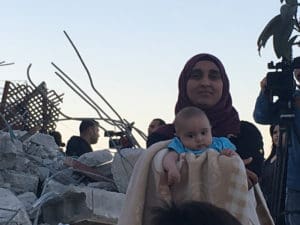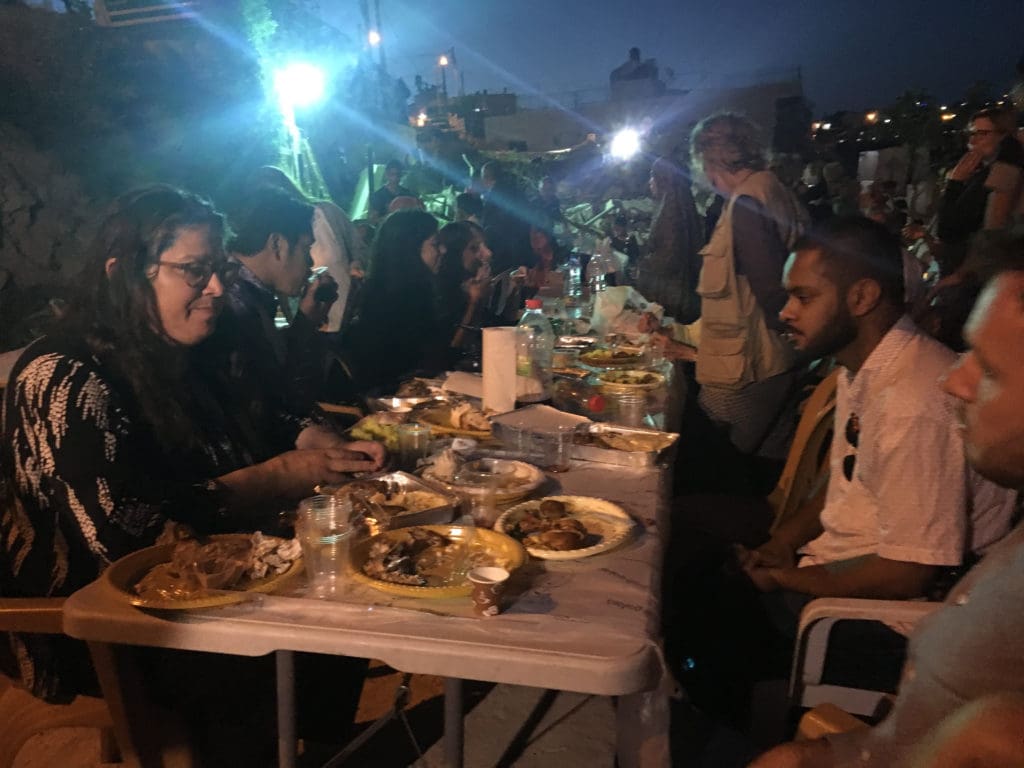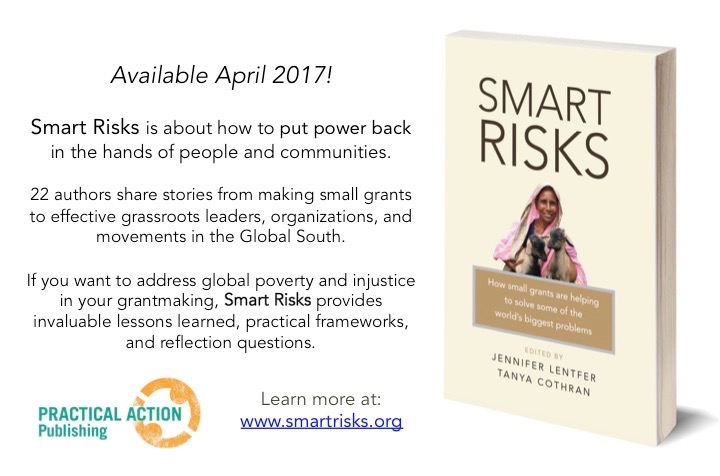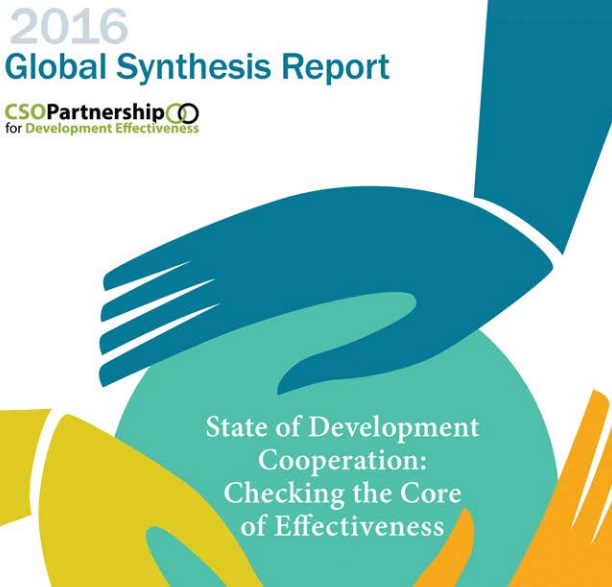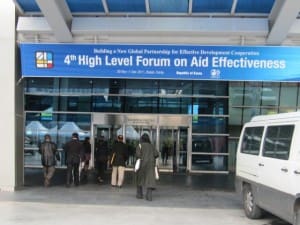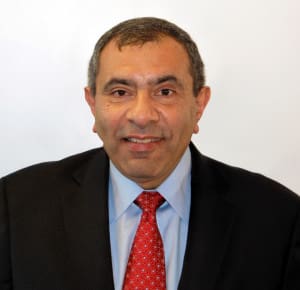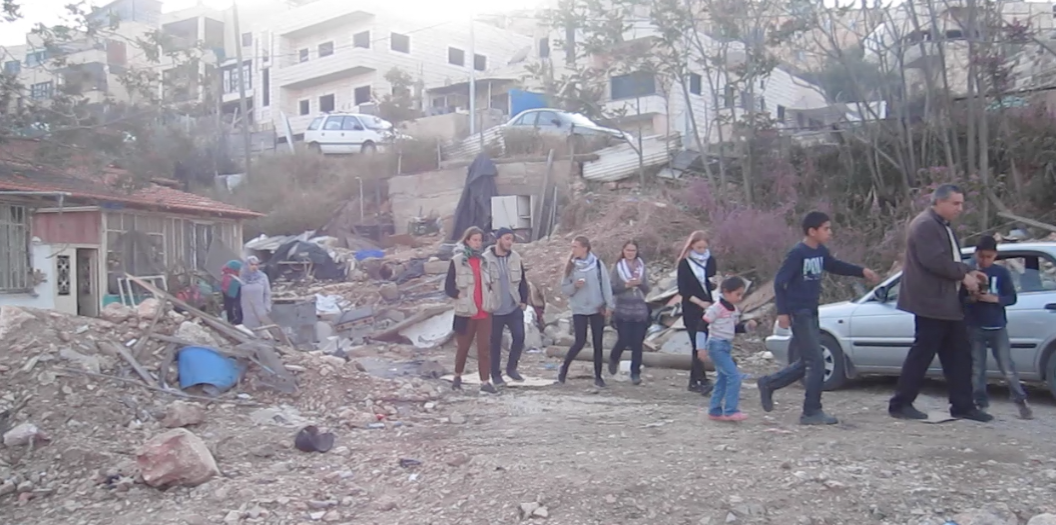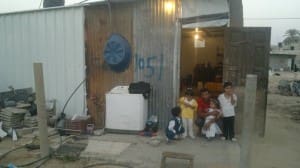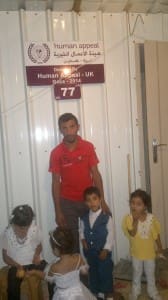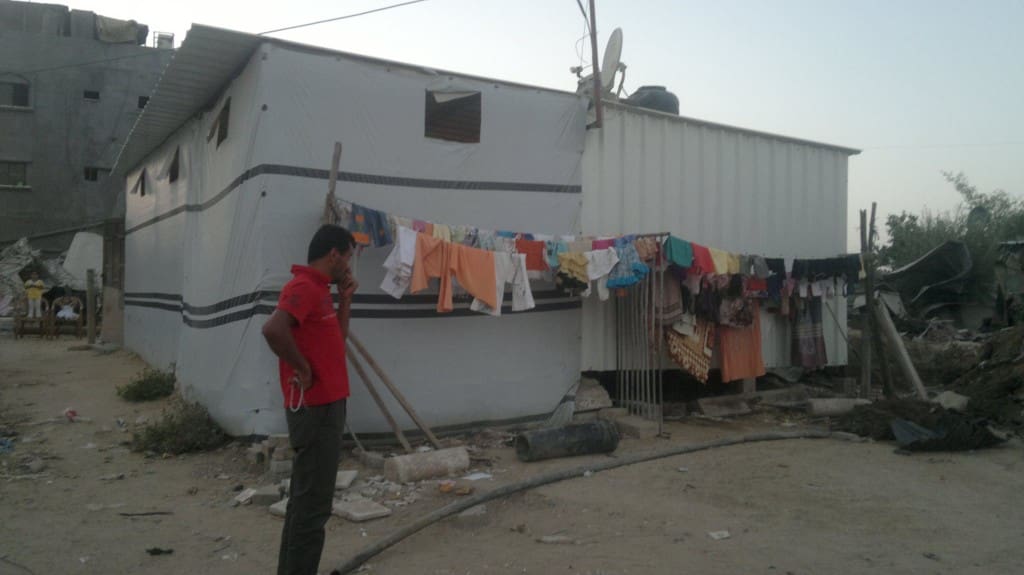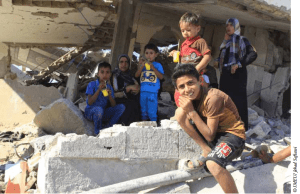When I was still with Aid Watch Palestine, I co-authored an article with Alaa Tartir about the militarization of Palestinian aid. It was published by Reality of Aid and IBON International here and in Arabic here. It was a great honor to have the issue picked up by The Real News Network, whose wonderful Shir Hever interviewed me about the issues. It is 14:46 in English with a transcript of the interview here. Please share if you find it useful, and please comment below or on TRNN so we can get discussion about this critical issue going.
Now in Spanish! See: http://www.rebelion.org/noticia.php?id=237144&titular=militarizaci%F3n-de-la-ayuda-internacional-a-palestina-
